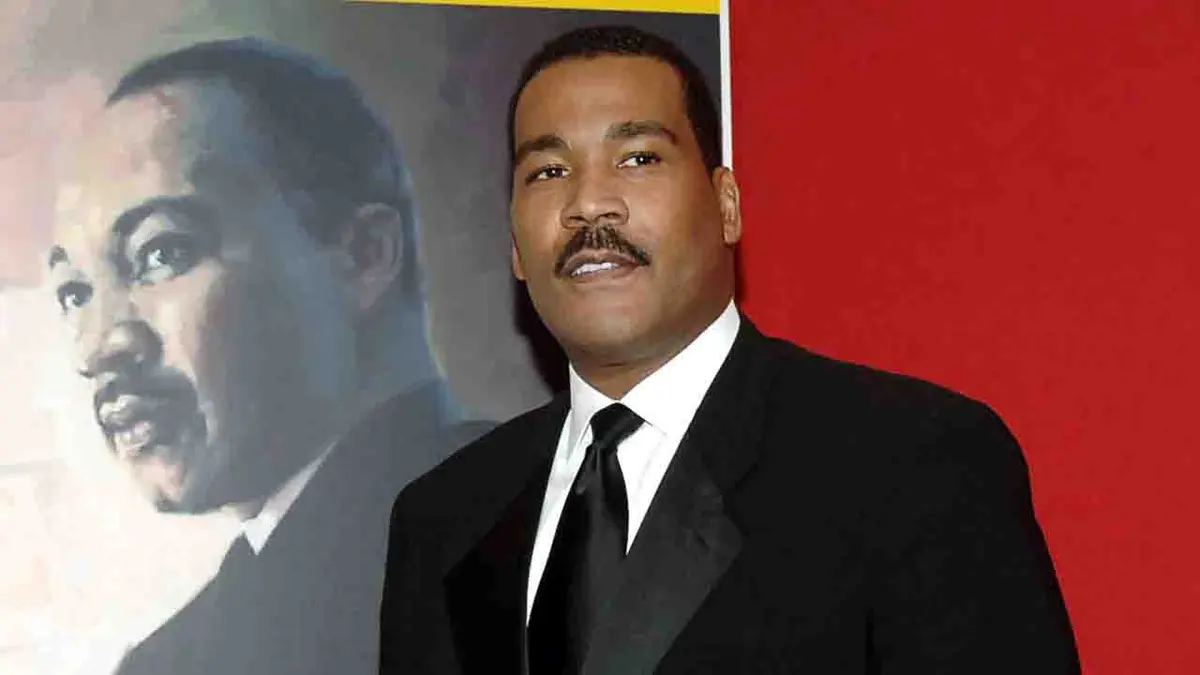Dexter Scott King, the youngest son of the iconic civil rights leader Martin Luther King Jr., breathed his last on Monday in Malibu, California, losing his battle to prostate cancer, as announced by the King Center. His wife shared the news of his peaceful passing at home, underscoring his valiant fight against the relentless disease.
Born on January 30, 1961, in Atlanta, Dexter Scott King was named after the Dexter Avenue Baptist Church in Montgomery, Alabama, where his father served as a pastor. Tragically, at the age of seven, he endured the loss of his father, who was assassinated in Memphis in 1968. Following in his father’s footsteps, Dexter attended Morehouse College in Atlanta, eventually becoming a torchbearer for his father’s legacy.
At the time of his passing at the age of 62, Dexter held pivotal roles as the chairman of the King Center and the president of the King Estate, demonstrating an unwavering commitment to advancing the cause of civil rights. In a notable artistic contribution, he portrayed his father in the 2002 television movie “The Rosa Parks Story,” showcasing his versatility and dedication to preserving the legacy of the civil rights movement.
Reverend Dr. Bernice A. King, CEO of the King Center, expressed heartfelt sorrow over the loss of another sibling, acknowledging the profound difficulty of the moment. Civil rights leader Reverend Al Sharpton conveyed his deep sadness, recognizing Dexter’s transformative journey from the early loss of his father to a lifetime of activism and dedication to the dream of equality and justice.
Dexter Scott King is survived by his wife of 11 years, Leah Weber King, his sister Bernice King, brother Martin Luther King III, niece Yolanda Renee King, and other family members. His passing marks the reunification with his parents and sister Yolanda, leaving behind a legacy etched in the annals of civil rights history.
Dexter Scott King’s departure leaves a void in the civil rights community, but his contributions, resilience, and commitment to justice will endure as an indelible part of the ongoing struggle for equality. As tributes pour in, Dexter’s legacy as a torchbearer for civil rights remains a source of inspiration for future generations committed to the principles championed by Martin Luther King Jr.




